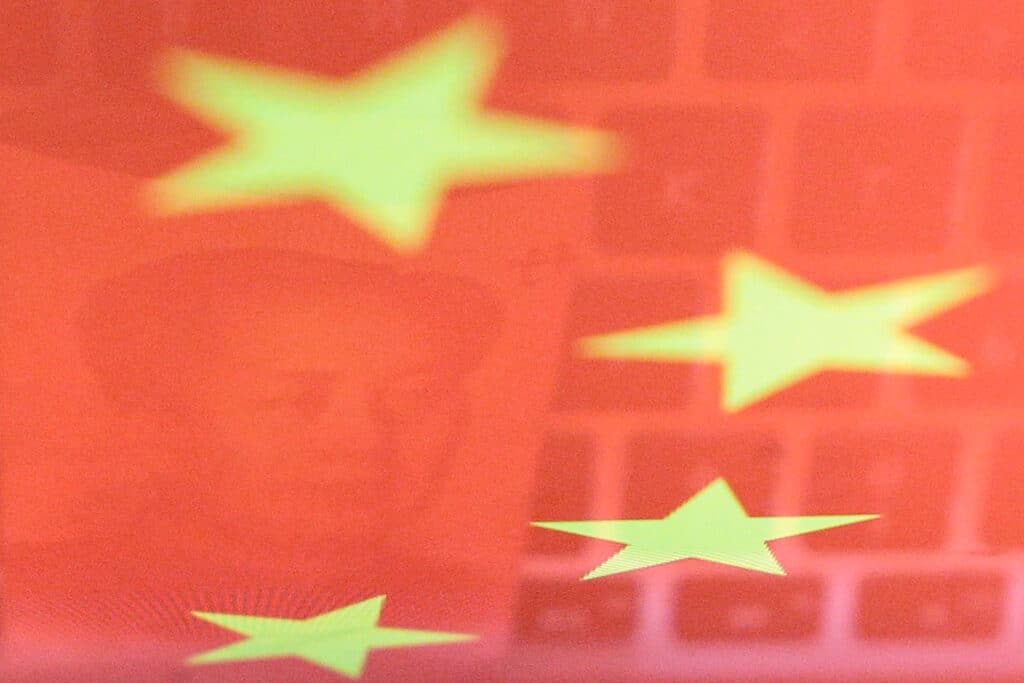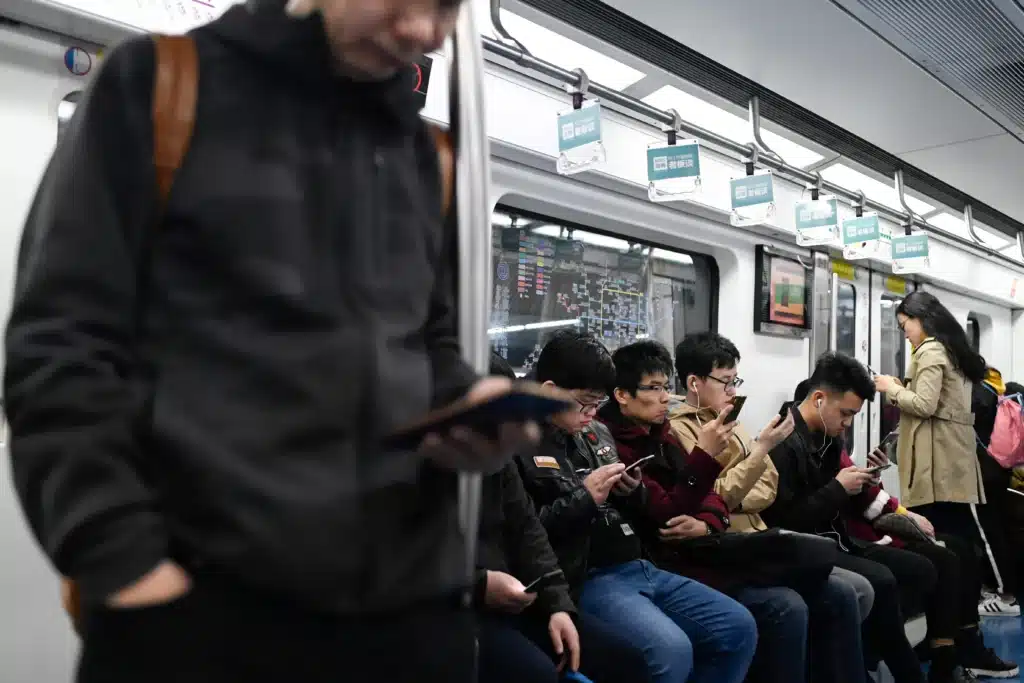China’s cyberspace regulator, the Cyberspace Administration of China (CAC), has announced that as a result of a two-month investigation into various issues including misinformation, illegal profiteering, and impersonation of state officials, approximately 1.4 million social media posts have been removed. The CAC reported the closure of 67,000 social media accounts and the deletion of hundreds of thousands of posts between March 10 and May 22 as part of a wider campaign aimed at rectifying these issues.
In recent years, China has been actively targeting billions of social media accounts in an effort to cleanse its cyberspace and enhance authorities’ control over online platforms. The deletion of posts and closure of accounts are part of these ongoing efforts to regulate and monitor online activities within the country.
In the recent crackdown by Chinese authorities, popular social media platforms like WeChat, Douyin, and Weibo were targeted, specifically focusing on “self media” accounts. “Self media” refers to accounts that publish news and information but are not affiliated with the government or approved by the state.
The Chinese government has a history of arresting individuals and censoring accounts that share or publish factual information deemed sensitive or critical of the Communist Party, government, or military. This is particularly true when such information gains significant attention and becomes viral on social media platforms. These measures are part of the broader control exerted by the government to manage the dissemination of information and maintain strict regulation over the content shared within the digital space in China.
The Kill Count
Out of the total 67,000 accounts that were permanently closed, the Cyberspace Administration of China (CAC) has stated that nearly 8,000 accounts were removed for their involvement in spreading fake news, rumors, and harmful information. Additionally, as part of a separate campaign, the CAC recently shut down over 100,000 accounts that were allegedly misrepresenting news anchors and media agencies. These measures were implemented to combat the growing issue of online fake news, which has been amplified by advancements in AI technologies.
In its latest campaign, the CAC also focused on targeting approximately 13,000 counterfeit military accounts. These accounts, bearing names such as “Chinese Red Army Command,” “Chinese Anti-terrorist Force,” and “Strategic Missile Force,” aimed to deceive users and create an illusion of official military presence on social media platforms.
Apart from the aforementioned actions taken by the Cyberspace Administration of China (CAC), approximately 25,000 accounts were specifically targeted for impersonating public institutions, including disease and prevention control centers, as well as state-run research institutes. These accounts were involved in deceptive practices that aimed to mislead users and exploit the credibility of these institutions.
Furthermore, around 187,000 accounts faced the consequences of impersonating news media businesses, falsely presenting themselves as legitimate sources of news and information. The CAC took action to curb the spread of misinformation and ensure the authenticity of news sources. Over 430,000 accounts were identified for providing professional advice or educational services without possessing the necessary qualifications.
The CAC aimed to address this issue to safeguard the public from misleading or potentially harmful guidance. Additionally, around 45,000 accounts were closed for engaging in activities such as promoting sensationalized topics, chasing popularity, and participating in illegal monetization schemes. These actions were taken to maintain a more responsible and regulated online environment.



